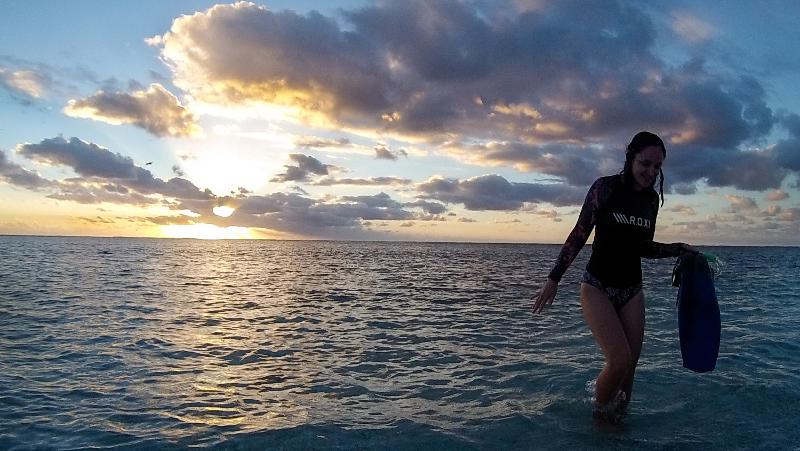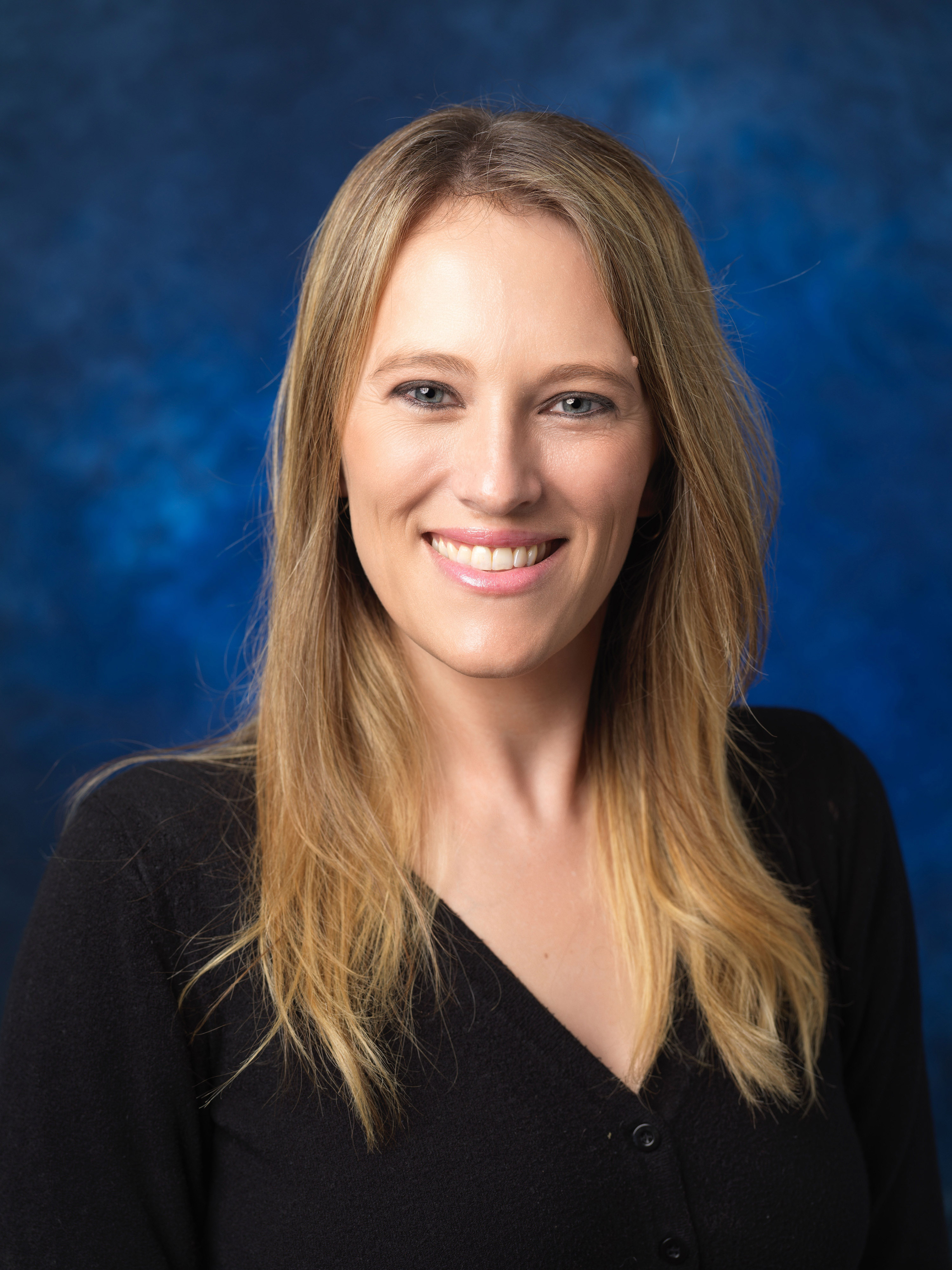
Australian tourism can rise above the coronavirus crisis with a “phoenix strategy” as efforts focus first on regional areas, says QUT business data analyst and tourism expert Char-lee Moyle.
Dr Moyle is a Department of state Development, Tourism and Innovation Mid-Career Research Fellow in the School of Management at QUT Business School, analysing real-time data relating to the impact of COVID-19 on Australian businesses.
“Tourism is the worst hit industry but it can rise from the ashes,” Dr Moyle said.
Dr Moyle said flow on effects on accommodation, food services, arts and recreation had resulted in tourism showing the greatest decline in payroll jobs in any Australian industry since mid-March, as described in the infographic below.
Dr Moyle's analysis can be viewed by clicking here.
Dr Moyle pointed out there were prime opportunities for regional areas to turn the downturn into an advantage.
“In the year ending September 2019, Australians spent $64.9 billion on international trips whereas international visitors only spent $45.4 billion on trips to Australia in 2019,” she said.
She said domestic visitors tended to disperse more into regional areas than international visitors, with 64 per cent of Australian visitor nights spent outside capital cities and the Gold Coast, compared with 19 per cent of international visitor nights.
“The economic recession we are facing is largely a result of the closure of the tourism sector and the data shows the impact coronavirus has had particularly on our regions. But rejuvenating regional tourism can supply a lifeline to the struggling industry,”she said.
“The massive Australian outbound market will now have the opportunity to book a holiday in Australia, so a travel bubble makes sense and could greatly benefit our regions.”
Dr Moyle warned as the industry rebounded there may be a future skills shortage among tourism workers as coronavirus forced many to leave or retrain.
“Tourism will rebound but it will be very different industry to what we knew,” Dr Moyle said.
 “One of the key challenges with reopening tourism is that other businesses are also either closed or still restricted, which reduces attractions, events and foot traffic.
“One of the key challenges with reopening tourism is that other businesses are also either closed or still restricted, which reduces attractions, events and foot traffic.
“Not only that, but with Australia and many other countries now in recession, the decline in global wealth will reduce the demand for tourism, particularly with high adoption of virtual meetings.
“Only radical strategies and out of the box thinking will get Australia’s tourism industry operating profitably again.”
Dr Moyle’s newly released study, written in collaboration with researchers from Griffith University and the University of Queensland, investigated whether entrepreneurial strategies lead to tourism industry growth.
The findings, published in Tourism Management Perspectives, revealed that entrepreneurial strategies, particularly those focused on human capital development and incubation programs, can significantly accelerate tourism growth across Australian regions.
“We are in unknown territory and tourism operators and employees need to be forward-thinking to ensure they retain qualifications that will help the sector rebound,” she said.
To address skill shortages to encourage entrepreneurship, Dr Moyle suggested the creation of ‘smart jobs’ to employ temporary visitors and migrants, promoting older workers and young people as well as training.
Dr Moyle highlighted the importance of micro-credentialing for tourism, such as those endorsed by the Queensland Tourism Industry Council as well as business expansion and retention campaigns, like Aussie Host and the Small Business Entrepreneurship Program providing traineeships and apprenticeships.
“Businesses need to be encouraged to view training as a long-term investment rather than short-term cost,” she said.
She also suggested the further establishment of workspaces that support, develop and promote business services, similar to the Gold Coast Innovation Centre.
State Governments including Queensland and South Australia have eased restrictions with businesses reopening their doors to capped numbers of patrons, as state and territory borders remain closed for the time-being.
Japan is also considering the possibility of opening international borders to travellers from selected countries in the coming months, including Australia.
Dr Moyle is a key analyst working in QUT’s Centre for Future Enterprise, investigating business, tourism and entrepreneurship systems.
Media contacts:
Debra Nowland, QUT Media Officer, (Mon, Wed, Thurs) 07 3138 1150
After hours, Rose Trapnell, QUT Media team leader, 0407 585 901, media@qut.edu.au


